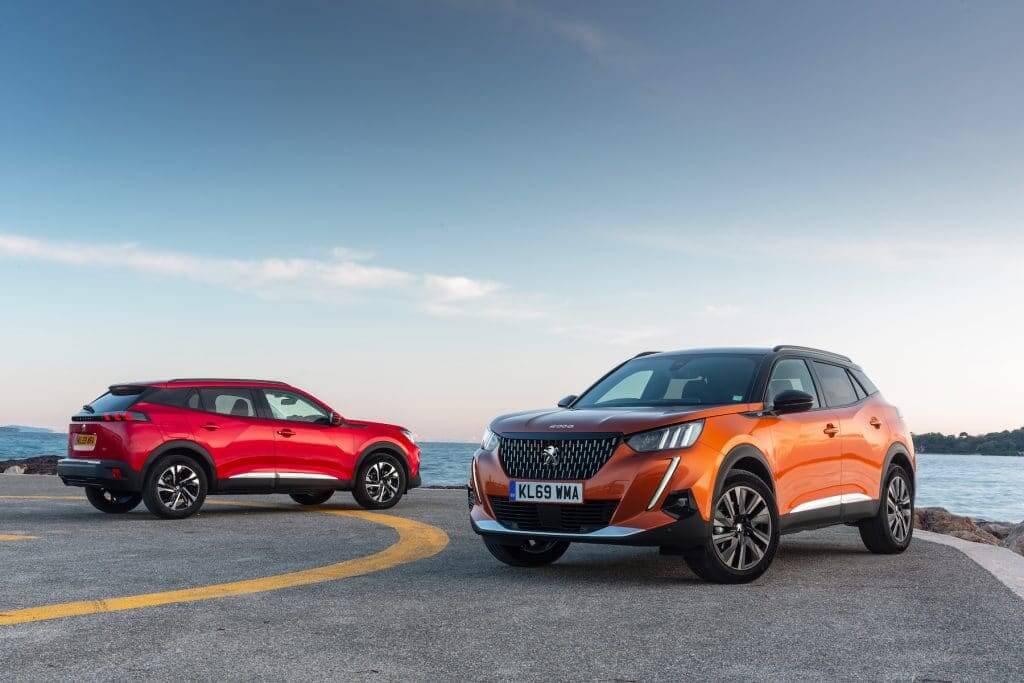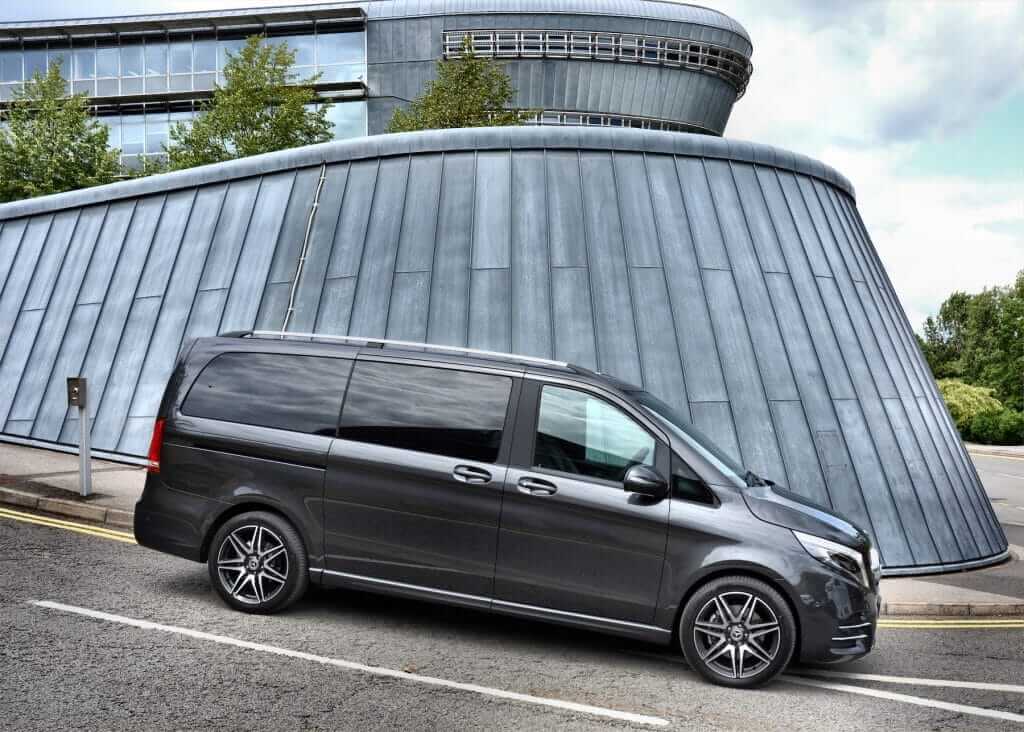Environmental testing experts Green NCAP has announced the latest ‘green’ ratings for a range of new cars on sale, including EVs, hybrids and conventional petrol and diesel cars.
The new tests aim to highlight the cleanest and most efficient cars on sale, with Green NCAP analysing cars of all fuel types in a mixture of real-world driving tests and laboratory evaluations.
The tests aim to make it clearer to consumers which are the most environmentally-friendly vehicles.
Perhaps unsurprisingly it was electric cars that were handed the top ratings, with the Renault Zoe and Hyundai Kona Electric both receiving the top five-star rating. They were both praised for their “clean air, energy efficiency and greenhouse gases”

(Peugeot 2008)
The Toyota C-HR Hybrid scored three and a half star, though the the only other hybrid car – the Honda CR-V, scored two and a half stars, which is actually worse than various purely combustion-powered vehicles rated.
Following this, Green NCAP said there were “big differences” between the best and worst performing petrol and diesel cars.
The top score for a petrol or diesel car was three stars, with this rating being given to the Peugeot 2008 and Peugeot 208. Renault’s Captur and Clio also received three stars, as did the Seat Ibiza and Volkswagen Polo. The Mercedes C-Class was also signalled out by testers for its efficiency, with Green NCAP saying that while it offered “nowhere near the zero tailpipe emissions of electric cars”, this saloon car “demonstrated what can be done with good engine design and exhaust after-treatment”.
It was large van-based MPVs that performed the worst in the tests, with the Mercedes V-Class, Vauxhall Combo Life and Volkswagen Transporter all scoring just one and a half stars.

(Mercedes V-Class)
Niels Jacobsen, president of Euro NCAP, said: As we measure only tailpipe emissions, electric cars naturally come out best in this round of assessments. However, Green NCAP will continue to evolve and we plan to include well to wheel emission measures and, ultimately, life-cycle analysis as a baseline for future ratings.”
Jacobsen did, however, express disappointment with some hybrid models for their green credentials. He said: “Hybrid cars have obvious opportunities to score better than non-hybrids, but they don’t always do that as manufacturers may decide to reduce costs by omitting simple but effective exhaust after-treatment devices such as particulate filters.”
“Such lost opportunities are revealing and disheartening,” he added.

